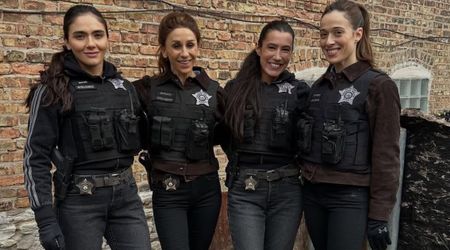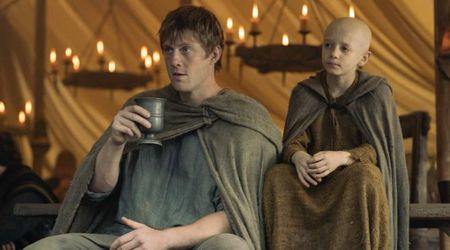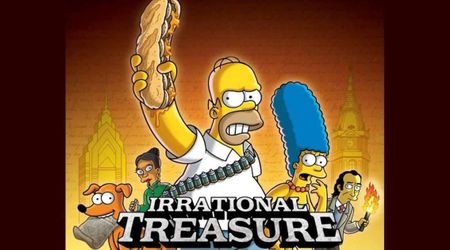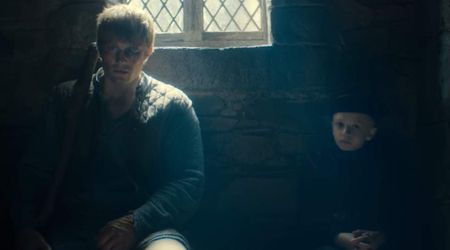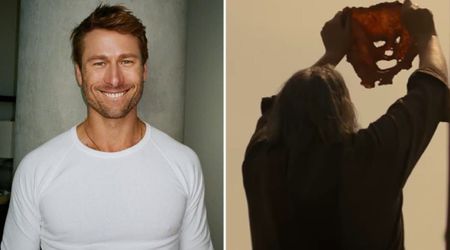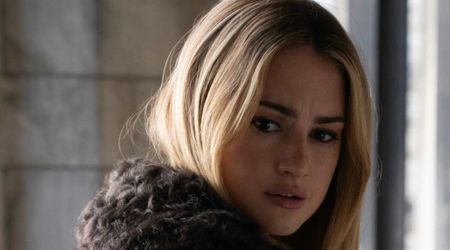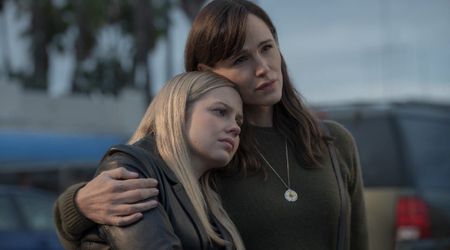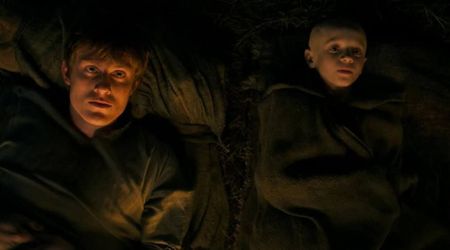'Black Lightning: The Book Of War: Liberation': How the season finale overlaps with X-Men's mutant metaphor

Spoiler alert for 'The Book Of War: Liberation' Season 3 finale
The 'Black Lightning' season finale had a lot of ground to cover, and it managed to wrap up an impressive number of dangling plot threads. It also left in just enough space for a spirited debate between Gravedigger (Wayne Brady) and Jennifer Pierce (China Anne McClain) that brings up a concept ripped straight from the comics - but not DC. Gravedigger's talk of a protected nation just for metahumans has no significant DC Comics parallel, but it does touch on topics that have been the source of much debate, thanks to recent events in X-Men.
Though Gravedigger's methods are enough to very clearly slot him as the bad guy, his motivations are far less black or white. Gravedigger believes that he's on a mission of mercy - he wants to "liberate" the metahumans of Freeland and offer them a home in Markovia. It would be a separate state, home to metahumans exclusively, free from prejudice and fears of oppression or persecution. He paints the idea of it as a paradise - one that is notably similar to Krakoa.
In recent comics, the X-Men have decided that they have had enough of being hated and feared, by humanity, and have decided to gather mutants around the world on the island nation of Krakoa. Charles Xavier has abandoned his dream of human-mutant integration and has instead wholeheartedly embraced a more isolationist policy - he's invited all mutants, with villains like Apocalypse and Magneto by his side.
Much like Magneto, Gravedigger is a villain who makes some valid points. The US government has exploited metahumans for decades now, through the ASA. They've been treated like resources, stripped of their humanity - in Khalil Payne's (Jordan Calloway) case, quite literally - and discarded once they are no longer useful.
There are significant differences in the metaphors being used here. Where the mutant metaphor is a wide blanket, covering essentially any group that is discriminated against, 'Black Lightning' frames the metahuman metaphor almost exclusively around African-Americans. During the congressional hearing, Black Lightning's (Jefferson Pierce) testimony specifically compares the government's experimentation on unsuspecting black citizens to actual examples from American history.
He mentions the Tuskegee syphilis experiment, who were unwittingly exposed to syphilis and untreated so that the government could further study them, and the medical practices of J. Marion Sims, who experimented on black women in captivity. Similar experiments resulted in the initial creation of Gravedigger and in Marvel's Ultimate Comics, the creation of the mutant race.
Where the mutant metaphor falls apart is that its wide blanket makes it harder to root in actual history. Krakoa is definitely a solution that's so instantly possible because it exists in an unrealistic setting of an impossible science. The relative historical grounding brought up in 'Black Lightning' throws its support behind integration over the X-Men's isolationism. Jennifer will hear none of Gravedigger's arguments for a separate metahuman state, and instead argues that there has been a change for the better, "Not enough, sure, but it's disrespectful to the sacrifices of our ancestors to say there's been none."
The X-Men and 'Black Lightning' both lend themselves towards a complicated debate. Lynn Pierce (Christine Adams) plans for a metahuman boarding school for gifted youths, however, it would seem that Charles Xavier's dream of a more integrated world has been picked up by 'Black Lightning' after the X-Men abandoned it.
'Black Lightning' has been confirmed for a Season 4, though no release date has been given yet.

